Steppe-ing Into Mongolia - Part 1
 |
| Chinese border stop |
 |
| Passing time on the train |
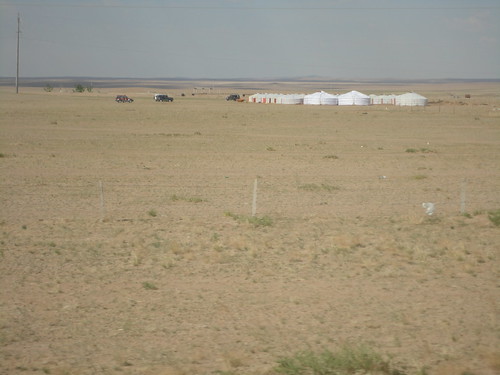 |
| Mongolian steppe landscapes |
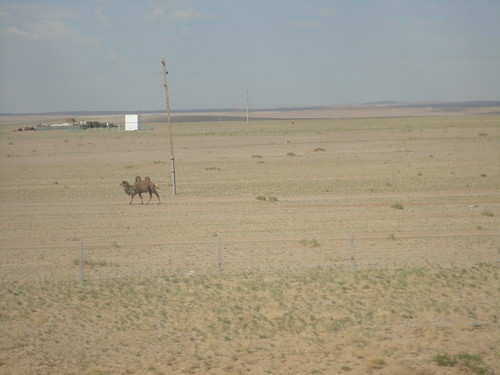 There were few dunes here, however, it was mostly flat - dry grassy steppes dotted with the occasional double-hairy-humped Bactrian camel, groups of sheep, horses or cattle and the occasional little encampment of gers (round nomadic tents). In the far distance the purpley haze of mountain ranges.
There were few dunes here, however, it was mostly flat - dry grassy steppes dotted with the occasional double-hairy-humped Bactrian camel, groups of sheep, horses or cattle and the occasional little encampment of gers (round nomadic tents). In the far distance the purpley haze of mountain ranges.
We had reached the Chinese border the previous evening where we filled out customs and immigration forms. Chinese officials then boarded our train, sized up our passport photos against our current appearance (yes, that really is a photo of Max minus the beard 8 years ago) and took everyone’s passports away. We all spilled out onto the platform, hoping to see the changing of the bogies. Mongolian and Chinese rail lines differ in width, so the carriages are hoisted up and the framework changed.
This, we knew, was the first of a number of long, slow border crossings. Being the first border crossing made it all rather exciting and new. Finally, just before midnight, we were allowed to board the train where it slowly made its way across to the Mongolian border. More guards and officials in different uniforms boarded the train early the next morning, more formalities and once again passports taken away. Yippee, we get another stamp in the passport. What is it about the pleasure of seeing that official rubberstamp in the passport?
 |
| Our Mongolian coal-powered train |
The overnight Trans-Mongolian train slowly chugged us into Mongolia’s capital, Ulaanbaatar, past the dry dusty outskirts of town dotted with traditional gers set amongst wooden houses, wooden fences and concrete Soviet-style apartment buildings. Over the fences of small plots of dirt we could see tiny animal barns whose roofs were thickly coated with drying animal dung – for insulation and for fuel.
On our train we had befriended a Mongolian man returning home with his wife and young son from a year’s contract in Kuwait. When I asked him if he was happy to be back home he said no and that they were keen to leave soon for another job (they were both investment bankers) in Holland and maybe south-east Asia after that. He labelled UB as an ugly city and as we were to find out for ourselves ……………he was right!
UB is a dusty, unkempt and uncared-for city. It could certainly vie for the ugliest capital city awards. Its people have to put up with unfinished pavements, poorly surfaced and badly pitted roads, piles of rubble and very little greenery or landscaping. For us it was dislike at first sight. With its huge mineral resources you’d expect to see some flow-on benefits into the city. But then again we’re from mineral-rich West Australia where we’re experiencing a similar lack of flow-on effect. Who are we to judge or complain!
 |
| UB's main street |
The family-run restaurant downstairs prepares cheap wholesome Mongolian dishes, which saved us a long walk into the town centre at dinnertime. After nearly a month of eating with chopsticks it felt a little odd reverting back to using cutlery. Mongolian cuisine includes lots of fatty mutton and a delicious kind of flat noodle that tastes very similar to home-made pasta. Meat was, as we were to find out in the 4 days that we were in Mongolia, on our menu twice daily. Meatlovers rejoice! It washes down well with either a Chinggis or Borgio beer or black tea.
Well, its location wasn’t great but one of the best things about our hostel was the helpful staff who organised to pick up our Trans-Mongolian train tickets for us for the next sector, and arranged private tours just for the two of us with guide and a driver in their Toyota Landcruiser. I think the owner took stock of our ages as she steered us away from their budget tours in a Russian minivan, and stressed that the private tour would be “more comfortable”. We read between the lines and took her advice.
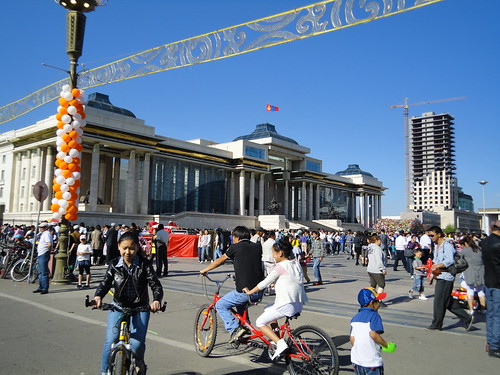 |
| Mother's & Children's Day in main square |
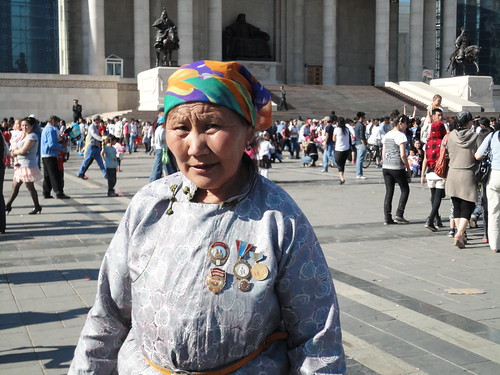 |
You meet the most incredible people when travelling and, for us, one of these was a Dutch chap staying at the hostel. Striking up a conversation with him, he explained his amazing journey and challenges that he and a mate had just completed by motorcycling from Holland, through Germany, Russia, Kazakhstan, Uzbekistan and Mongolia in 2 months. He had stories to tell about the Aral Sea which has now almost disappeared, the rough roads and dirt tracks, the long drawn-out formalities with language barriers at border crossings, the hospitality of Mongolian rural villagers, and arrangements to donate their motorbikes to save on bureaucratic paperwork before flying back home. Truly courageous. This man was a legend in our eyes.
Our journey was tame in comparison as we prepared for some rural respite away from the city surrounds. 

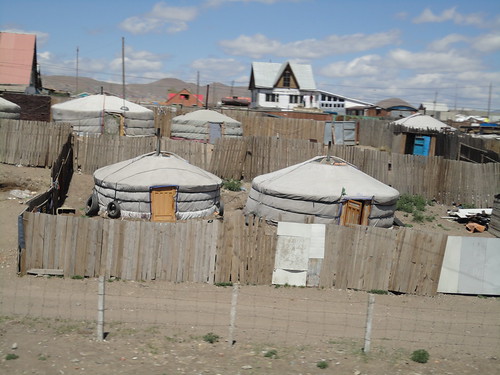
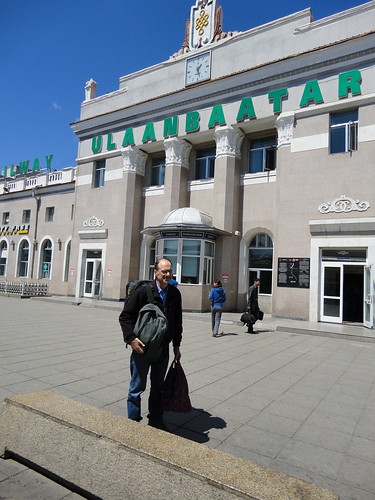
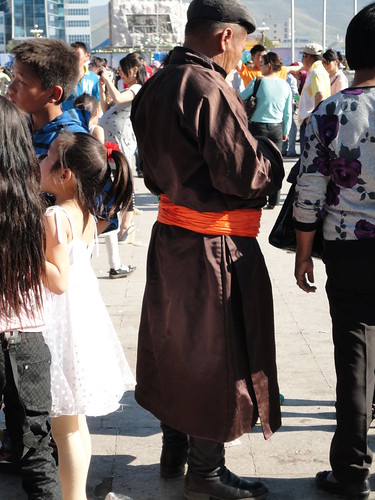
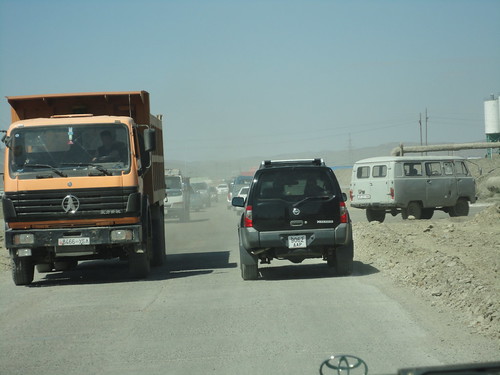
 Hi, I'm Eva - world traveller, cultural explorer and experience seeker. Together with my husband Max, we've been globetrotting for over 20 years.
Hi, I'm Eva - world traveller, cultural explorer and experience seeker. Together with my husband Max, we've been globetrotting for over 20 years.







0 comments: